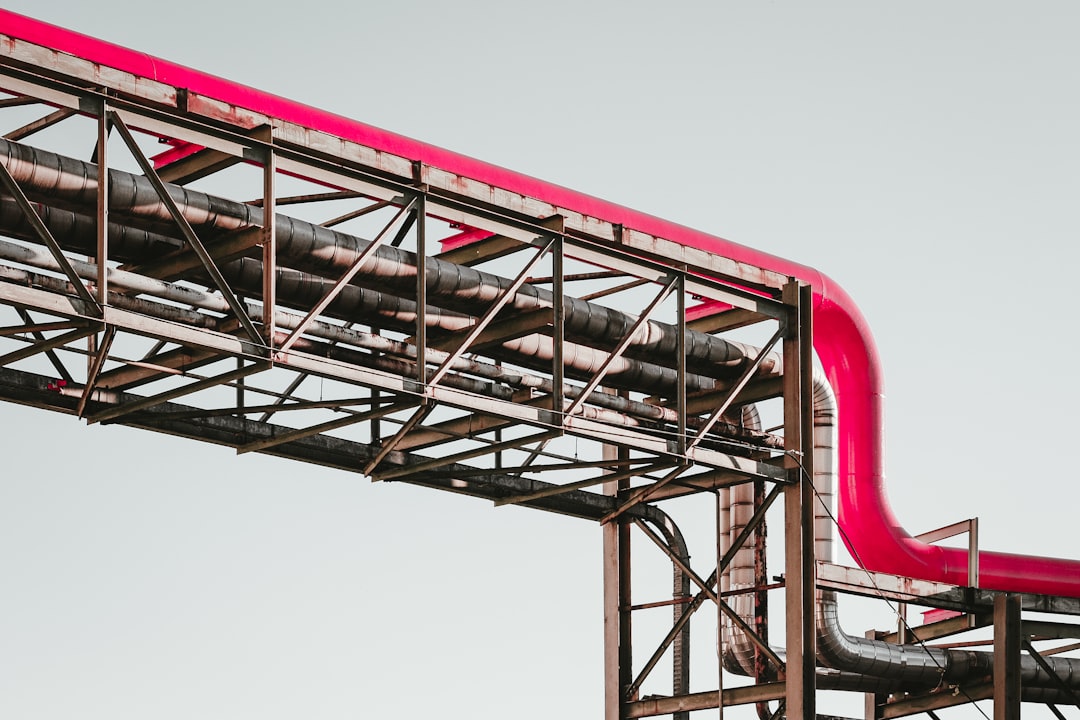Environmental Engineer Mataaro Taiao
Environmental engineers assess and reduce the impact of engineering projects on water, soil and air. They also plan and design systems to treat and remove waste.
Bachelor of Engineering (Hons) graduates may apply to gain registration as a Chartered Professional Engineer (CPEng) with Engineering New Zealand.
Engineering technologists who meet set requirements may apply to Engineering New Zealand to be registered as an engineering technologist (CMEngNZ).
Environmental engineers may do some or all of the following:
- report on environmental impacts of construction, infrastructure, farming and engineering projects
- advise how to minimise environmental impacts of projects
- prepare reports, sketches, technical drawings and specifications for projects
- plan and manage projects, and visit and check sites
- design waste-management systems
- take air, water and land samples, and get them tested for pollution
- advise on pollution treatment methods
- prepare environmental assessments for resource consent applications
- supervise contractors carrying out work.
Useful Experience
Useful experience for environmental engineers includes:
- drafting
- surveying
- engineering
- environmental or outdoors work.
Personal Qualities
Environmental engineers need to be:
- practical and logical, with good problem-solving skills
- accurate, with an eye for detail
- good at planning and organising
- good communicators
- able to work well as part of a team
- able to work well under pressure and meet deadlines.
Skills
Environmental engineers need to have knowledge of:
- civil engineering
- air, water and land pollution control methods
- public health issues
- relevant legislation such as the Resource Management Act and New Zealand Building Code
- analysis and interpretation skills to meet client requirements
- computer modelling software.
Conditions
Environmental engineers:
- usually work regular business hours, but may work evenings and weekends to meet deadlines
- work in offices, and at outdoor work sites
- may travel to work and to attend conferences and seminars.
Subject Recommendations
A tertiary entrance qualification is required to enter further training. Useful subjects include physics, chemistry, maths, geography, and construction and mechanical technologies.
Related Courses
Environmental Engineers can earn around $65K-$140K per year.
Chances of getting a job as a Environmental Engineer are good due to a shortage of people interested in this type of work.
Pay for environmental engineers varies depending on skills and experience.
- Environmental engineers usually earn $65,000 to $140,000 a year.
Source: Hays, 'Salary Guide FY 22/23’, 2023.
Environmental engineers may progress to set up their own business and work as self-employed contractors, or move into managerial roles or become partners in an engineering firm.
Environmental engineers may specialise in:
- wastewater
- stormwater
- overland flow and flooding
- erosion and sediment control
- contaminated land management
- earthworks management
- industrial trade activities.
Years Of Training
3-4 years of training required.To become an environmental engineer you usually need to have a Bachelor's degree in engineering.
You can complete a four-year Bachelor of Engineering or Bachelor of Engineering with Honours, specialising in environmental, civil or natural resources engineering.

 Epsom Girls Grammar School
Epsom Girls Grammar School